“I am convinced that without a living discussion, based on facts about our forests, we will be less able to meet all contrasting goals. I am also convinced that we will never come to a final answer. This is not necessarily a problem since it is the discussion itself that is important.”
Prof. Bengt-Gunnar Jonsson (What should we do with our forests?)
SOW welcomes the forestry panel final report. It is progressive and positive. To finally preserve our Public Forest Estate (PFE) for the public in perpetuity will be an amazing legacy of our time in terms of recognising the intrinsic link English people have with their forests and trees.
But there are many issues which need to be addressed by the government by the time they finally respond in full in January 2013, (assuming they will adopt all recommendations by the panel).
For example, but far from exhaustive:
- The omission of a public voice on the panel has resulted in somewhat ambiguous text with regards specifics in community engagement techniques which truly reflect the intrinsic link between people and their forests. Full adherence to the text of the European Landscape Convention would be a valuable tool in helping towards the bottom up approach required.
- The lack of acknowledging strongly the role the Forestry Commission has played in managing the PFE to the stage where it can be praised for its huge present value, as recognised by UKNEA, is sad. The omission of a voice from the Forestry Commission on the panel itself was wrong and it is no surprise to see the recommendation towards a new ‘Forest Service’. But as the Forestry Commission remain as caretakers of the PFE until the full government response, it is important to fully recognise and fully fund the FC at a time when they are under immense pressure to protect our trees and forests against the waves of unprecedented threats from pests, pathogens and climate change, (bearing in mind the Forest Research budget was cut during the time the forestry panel were deliberating).
To simply start afresh with a new brand is to ignore the internationally respected work, historically and present of the FC, which would be nonsensical and dangerous for our trees.
- The purpose of valuing our forests and trees has to be made more transparent. Biodiversity offsetting gets a mention in the panels report as do the principles of sustainable development – the two concepts are incompatible. Valuation methods for both forests and trees (beyond timber values) must be tailored to allow full understanding by all.
[The Rt Hon Caroline Spelman has once before devalued the value of trees, whilst extolling the virtues of valuing them. In July 2010 during a speech launching the environmental white paper she said “In some parts of inner London, for example, each tree is calculated to be worth as much as £78,000 in terms of its benefits. I might make the tree surgeons in Smith Square prune with a little more sensitivity next time!” This value was ascertained by the work of the tree surgeons. Just as in Forests the ecosystem services values are the result of foresters work!]
The panel proposes that ‘Forest Services’ – the part of the Forestry Commission that promotes good forestry and provides grants to private woodland owners – would continue, and it hints that they could become an NDPB (non-departmental public body) but that isn’t spelt out. The panel proposes that Forest Enterprise England – the part of the Forestry Commission that currently runs the Public Forest Estate – should be replaced by an independent trust run by a board of guardians which not be a public body. They call this the new public forest management organisation. The panel’s proposals for the rest of the Forestry Commission, including Forestry Research are ill-defined, but it is very clear that they see the Forestry Commission no longer existing.
- Whilst the principles of Sustainable Development (SD) are referred to in the report, it is much weaker than the over riding emphasis on SD in other government policy making – most noticeably the NPPF. This risks separating planning from land management planning, worrying as land management planning can help developers realise sustainable development. This could also risk devaluing the UK forest industries role in the national economy by making it a more difficult sell to private funders who will be and are seeking easy and cost effective ways to realise SD – which forestry can provide easily.
- Many jobs are dependent on trees and forestry, the industry is disenfranchised and poorly represented against other land industries. The decline in traditional skills and knowledge as well as a diminishing research and development sector for the industry cannot continue. We immediately need solutions to this situation with full engagement with forestry and arboricultural practitioners and contractors before any policy decisions are made – bearing in mind their omission from the panel also.
- The defining of different functions of forests and trees, their complexity and diversity, within the wide range of England’s landscapes in which they grow has to be recognised more clearly. Localising the recommendations of the forestry panel to enable its implementation in our personal landscapes is a challenge and research into doing so must begin immediately.
We still have far to go. And it would be foolish to stop and fully celebrate when forestry still remains in the doldrums and there is much to secure in promises by the government before we can rest easy.
This is not the time for continued stalling with regards a conclusion to the fate of the Public Forest Estate and those who manage it. This is a time when we need to embrace sustainable development and forestry is THE sustainable industry, it was foresters who invented the modern concept of sustainability hundreds of years ago after all. England needs its green space more than ever, unique and lush places to relax and recover in.
More discussion is needed and always will be needed. Forestry is a science and can only survive with discussion and research alongside a vibrant alive industry. At the moment there are chasms between the discussion, the industry and the public, this is unviable and an unacceptable added risk to all our trees and forests.
All discussion must be communicated better to a public who are eager to learn about what they love – their forests
SoW welcomes the Ministers invitation to meaningfully engage with DEFRA policy makers to ensure that people engaged in the issues of our Public Forest Estate are part of developing the Forestry Panels recommendations into English forest policy.
We will keep on talking and we will listen.
We want to sincerely thank all those who have contributed their time in supplying content to the Save Our Woods site, all of it has been of exceptional value and highlights the huge spectrum of interests and issues which affect our trees, forests and the landscape they and we live in.
Watch: Trees are in our Blood.. an inspiring 1 minute film by Our Forests…
Trees are in our Blood, by Our Forests from SoW on Vimeo.
.




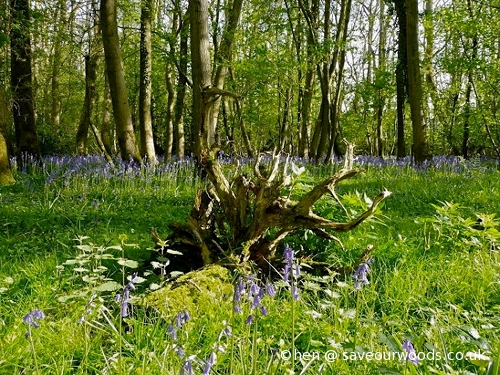









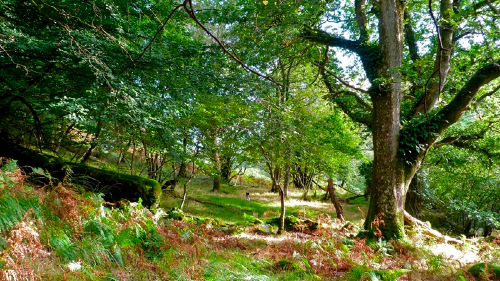
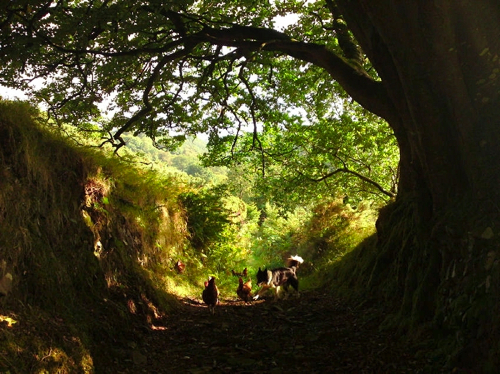
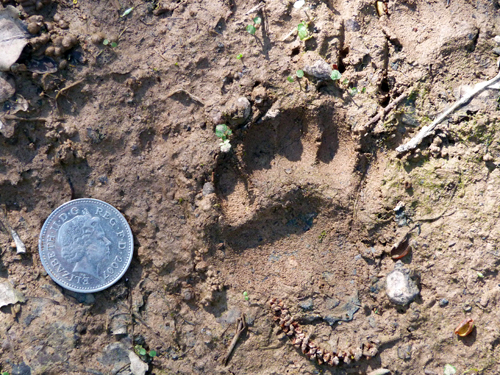
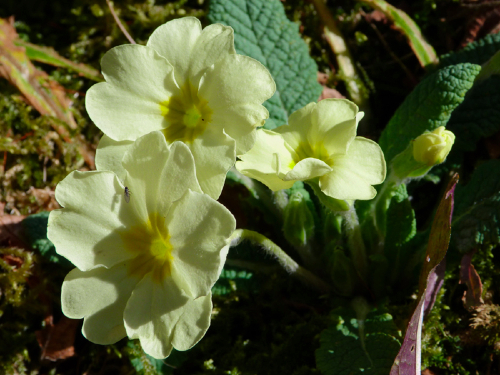
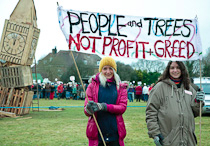


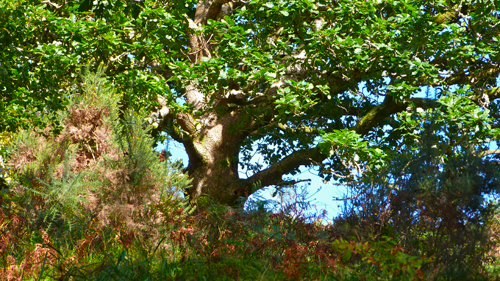
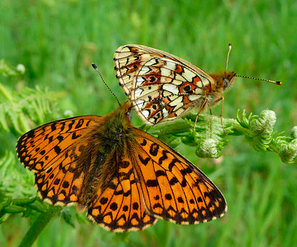
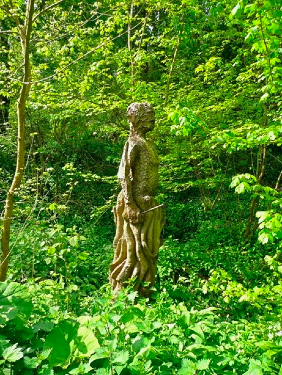
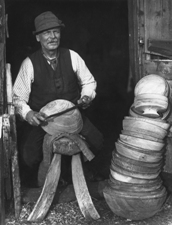



Watching Save Our Woods has been nothing short of watching history. The report made me smile, your response is perfect and made me laugh out loud. You captured and displayed the feelings of the public when all others had left the path. Thank you, thank you so much.
That’s incredibly kind of you to say that lesley, thank you so much! I’m sure Pip and I agree when I say that SoW’s contributors have been inspiring and it’s been an amazing job to communicate their passions and expertise to everyone. Informing the debate and the public and adding that much needed foundation to our campaigning.
Thanks again Lesley!
Hen
🙂
Dear Hen,
Quite simply, massive congratulations. It’s not just you’ve saved our woods – for many of us you’ve saved our faith in human nature and democracy. Who would have thought sincerity, imagination and sheer hard work could change the world from a Yurt on Exmoor !
Haha! Thanks Rod!
Who would have thought that people in their forests, experts and activists coming together could stop a government in their tracks!
Well done YOU! Thank you too for your contributions on here. I printed out your articles from here and took them to many people that wanted to understand if we wanted change… what could we have? I LOVE this article you wrote: A Garden for Everyone… http://saveourwoods.co.uk/articles/expert-articles/a-garden-for-everyone/
Now.. how does that tie in with the panels recommendations and how can it fit into future policy?!
Thank you Rod
Henx